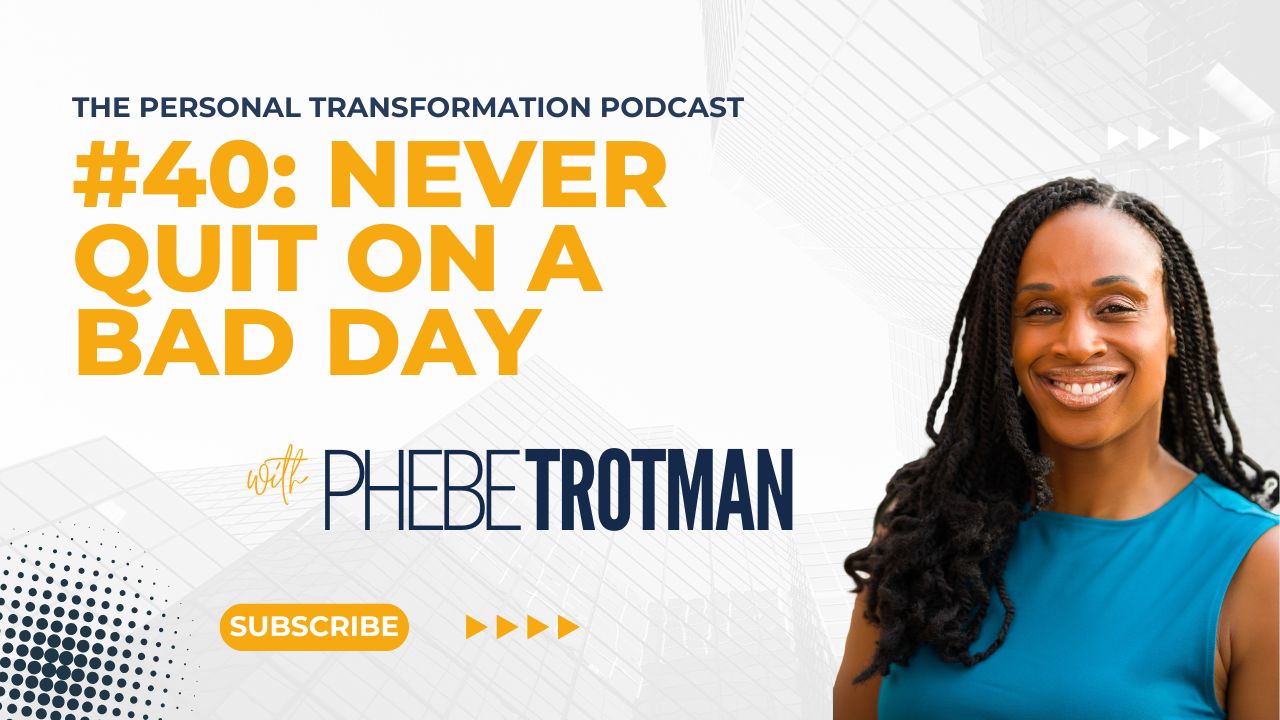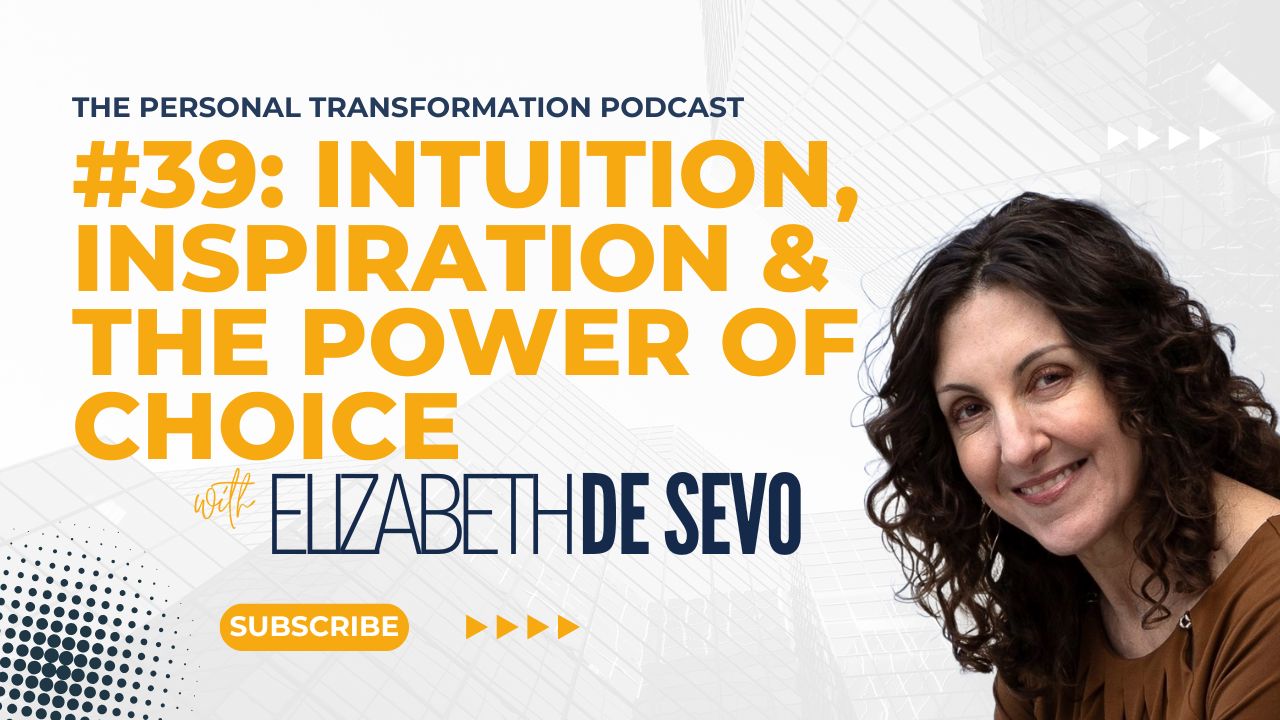Discipline
Discipline is one of the key contributors to success. If you look behind the external persona successful people portray, you will see how they disciplined themselves to do things day in and day out that led to that success. If success is a result of all the small wins, discipline is what ensures you turn up every time to even have a chance of getting those wins.
What is Discipline?
There are a number of definitions that focus on the verb, to discipline, as the practice of training people to obey rules or a code of behaviour. However, that definition doesn’t quite contain all the elements required to understand how discipline leads to success.
The Cambridge dictionary gives the below as part of its decision of Discipline:
the ability to make yourself do something, even if it is difficult, so that you can achieve a goal.
The two key differences for me in this definition are “even if it is difficult” and “achieve a goal”.
Discipline can only be tested when the required behaviour is challenging. Anyone can “discipline” themselves to watch two hours of TV per day, but can you discipline yourself to wake two hours earlier every day or eliminate your vices from your life?
Also, what are you disciplining yourself for? How are you choosing to invest the recovered time, energy, and resources into something that will improve your life? Building your discipline muscle is always a good choice, but better to do something intentional with that new-found focus.
So what is Self-Discipline?
For self-discipline, we need to look at the word “disciple” meaning “a follower or pupil of a teacher, leader, or philosopher”.
Most of us know what it is like to have an inspiring, charismatic leader. Maybe it is a company founder, or a team coach, or a motivational speaker. For some reason, we connect to their energy and purpose and believe that we are capable of more.
Self-discipline is you recognising the inspirational leader within, becoming inspired by their dreams and passion, and doing whatever it takes in pursuit of their goals.
Many of us want to lead others, and that starts by leading ourselves through self-discipline, clarity of purpose, and consistency of action.
If you find yourself lacking in self-discipline, the first question to ask is “are you somebody worth following?”
How can I develop Discipline?
There are two ways to think about discipline, either as a switch or as a muscle.

A switch can either be off or on, a binary choice, like true or false on a multiple choice quiz. Applying this to discipline, you can choose to adopt an idea entirely, or not at all.
For example, instead of reducing your alcohol intake, you could become tea total and not drink at all. You could stop smoking today. You could quit the job you hate. You could become vegetarian. Each of these choices excludes the option of the other. You either do or do not, are or are not. You flip the switch in the direction you need it to be.
When discipline is like a switch, the choice itself is often easy, but the discipline comes when reinforcing the decision. Stopping drinking or smoking is easy, but put yourself back in a social setting where you have the choice, and this is where you are tested.
If you want to make discipline switches, you need to think of the context of that decision and plan accordingly. Remove distractions, communicate your new life choices ahead of time, and be prepared to tell a story about why this is about you feeling good, and not about them feeling bad.

The other type of discipline is a muscle that needs to be conditioned and strengthened over time. These are the situations where you need to repeatedly make the decisions that demonstrate your discipline and reinforce your positive self identity.
What time did you wake up this morning? How many sales calls did you make today? How many steps did you do throughout the day? How many words did you write?
In these situations, discipline is a continuum of choice rather than a single moment in time. You have to choose repeatedly to do the things that build your affinity for discipline, rather than slip into the easy as of doing things.
The temptation here is procrastination. Instead of waking up early, you tell yourself you will be more productive in the evening. Instead of making more calls today, you say you’ll do more tomorrow. Instead of meeting your daily step goal, you’ll add an extra long workout on the weekend.
If you want to build your discipline muscle, think how you can break your goal down into sets of effort. Like you wouldn’t try and do all your reps in one massive set in the gym, how can you break down your daily goal?
Can you get 3000 steps in before breakfast and get a headstart on the day? Schedule 3 power hours of sales calls throughout the day where you will make 30% of your calls each time, then you only have a few extra to squeeze in. Where can you find two slots during the day where you can commit to write 500 words each time? Wherever your need for your discipline muscle, find way to break down the big task into multiple smaller tasks. Not only by creating these mini wins will you strengthen your discipline, you will also build your self efficacy too.
Discipline gets easier
When you build a habit like discipline, it gets easier over time. Each time you exert your will and discipline, you reinforce the neural pathways that control that behaviour. Over time, that habit becomes second nature, at which point, you don’t have to think about it any more, and can focus on the pursuit of your goals.
How long does it take for a new habit to develop? According to James Clear, author of Atomic Habits, the answer is 66 days, but in reality it could be anywhere from 18 to 254 days to develop the habit. However, discipline needs to be applied “even if it is difficult”, so even when your habits start to assist you in your efforts, you cannot relax your discipline muscle, but you can redirect its efforts to some extent.
So, to summarise:
– Discipline is the ability to make yourself do something, even if it is difficult, so that you can achieve a goal.
– Self-discipline is you recognising the inspirational leader within, becoming inspired by their dreams and passion, and doing whatever it takes in pursuit of their goals.
– Discipline can either be a switch or a muscle. Figure out which is which and develop yourself accordingly.
– Persist with your discipline to make it habitual. This will free up mental energy to focus even more on your goals.



Leave A Comment